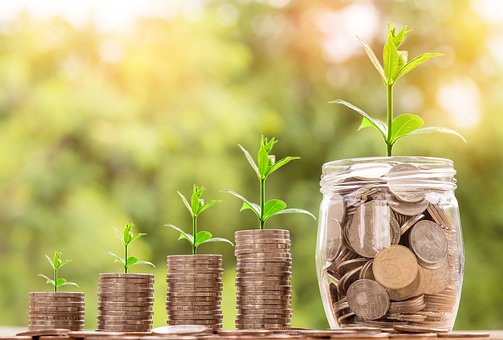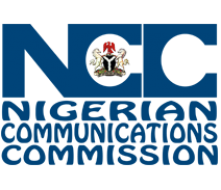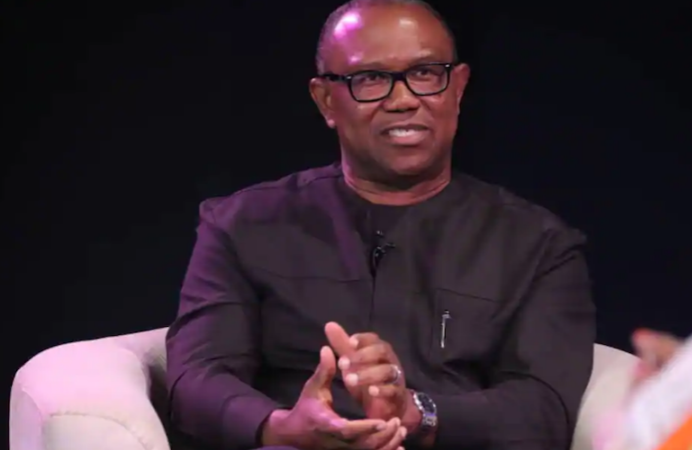
What are Treasury Bills?
Treasury Bills are government guaranteed debt instruments issued by CBN on their behalf to finance expenditure. The CBN also uses treasury bills to control money supply in the economy.
How are Treasury Bills Sold?
Treasury Bills are sold through a bi-weekly auction conducted by the CBN. Buyers are requested to quote bids following which the average minimum bid is selected.
Where can I buy Treasury Bills?
Treasury Bills can be bought through any official dealer. The easiest this days are through banks’ treasury bill mobile application. A typical example is the Sterling Bank’s i-invest.
What is the Minimum Amount I can Buy?
Before, you could buy for as low as N10,000 and in multiples of N1,000 thereafter. However, this was increased to N50,000,001 in 2017. This article explains how you can buy treasury bills if you do not have up to N50 million. Though, the minimum for the i-invest mobile application is N100,000.
When is it usually sold?
Treasury Bills is sold every other Wednesday (bi-weekly) as announced by the CBN. The CBN announces issuances in their websites and in the pages of national dailies. You can also ask your bank account officer to notify you ahead of an issuance.
How Can I Buy Treasury Bills?
To buy Treasury Bills you will have to approach your bank requesting for a form. You fill the form with your personal information also indicating the amount you want to buy as well has your bid rate.
With the advent of banks’ treasury bills mobile application, you are only required to fill a signup form once.
What is the bid rate?
The bid rate otherwise called your STOP RATE is the likely interest rate that you have indicated to receive for the principal that you investing in the TB’s. For example you can indicate an interest rate of 10% as your expected rate. Your bid rate will most likely be different from that of other intending buyers of TB’s.
How is the Bid Rate selected?
The CBN selects the bids that fall below the accepted marginal rates. The Marginal Rate is the minimum average rate for bids submitted within a bid window. For example, if the marginal bid rate for a bid opened Wednesday 27 June is 11% then bids falling below this rate will be accepted and those above rejected.
What if I don’t have a Bid rate?
If you do not have a Stop Rate or you are not sure of a rate you can select the option of having the bank choose a rate for you. However, this does not guarantee that the bank rate will be chosen or will be the best.
Can I still buy if my Bid is rejected?
You can purchase TB’s from the secondary market Over The Counter (OTC) through a broker. This is also where buyers and sellers of TB’s trade the notes in exchange for cash.
What are the durations (tenor) for the TB’s?
Treasury Bills are usually for 91 days, 182 days and 364 days. As such, you can have the CBN hold your cash for 91 days, 182 days or 364 days, depending on your choice. However, the CBN can decide they want to sell Treasury Bills for all the tenor available or either of them.
Can I sell before Maturity?
Yes, you can sell Treasury Bills before maturity. As mentioned above, this can be done through the OTC market. The price at which you sell depends on the forces of demand and supply. For example a N100,000 face value TB maybe selling for less or more depending on the yield expectation of the buyers. If your face value is trading at a higher price, it means you can sell your treasury bills at a profit as such your N100,000 can sell for N101,000 or more. If your face value is trading at a lower price, it means you can sell your treasury bills at a loss as such your N100,000 can sell for N99,000 or less.
When is the interest paid?
The interest element of a treasury bill is paid to you upfront and credited to your bank account. For example, if you purchase a N100,000 TB with an interest rate of 10% the CBN debits your account with N90,000 as such your N10,000 interest is paid upfront. Upon maturity, you are paid the face value N100,000. The upfront payment of your interest makes your true yield actually higher.
What is a True Yield?
True Yield is your actual Return on Investment. (ROI). Using the example above, the initial yield for the N100,000 is 10%. However, because they pay you interest upfront your true yield is actually the N10,000 in interest divided by the N90,000 actually deducted from your account. That is N10,000/N90,000 or 11.11%. This is, thus, higher than the 10% coupon. The True Yield is completely earned when you hold to maturity.
Can I roll over my investment?
The CBN does not rollover your investment automatically. However, you can give your bank a mandate to rollover the principal on your treasury bill upon maturity. You can also get the benefit of compounding interest by asking your bank to reinvest the interest portion of your TB once it is paid.
Are Treasury Bills Safe?
Treasury Bills are one of the safest forms of investment and are backed by the full faith and credit of the Federal Government of Nigeria.
Apart from the Interest Rates, what are the benefits?
A good source of steady stream of income.
Treasury Bills are a good investment outlet for your free and disposable cash.
Treasury Bills are good investments for people who wish to save.
Treasury Bills are also tax free.
Treasury Bills are very liquid and can be converted to cash quickly.
They can be used as a collateral.
Are Treasury Bills Taxable?
Interest derivable from Treasury Bills are not taxable
(Nairametrics)






